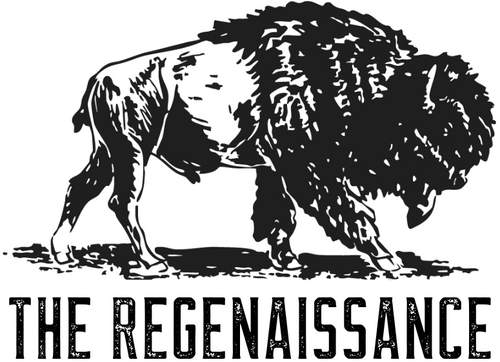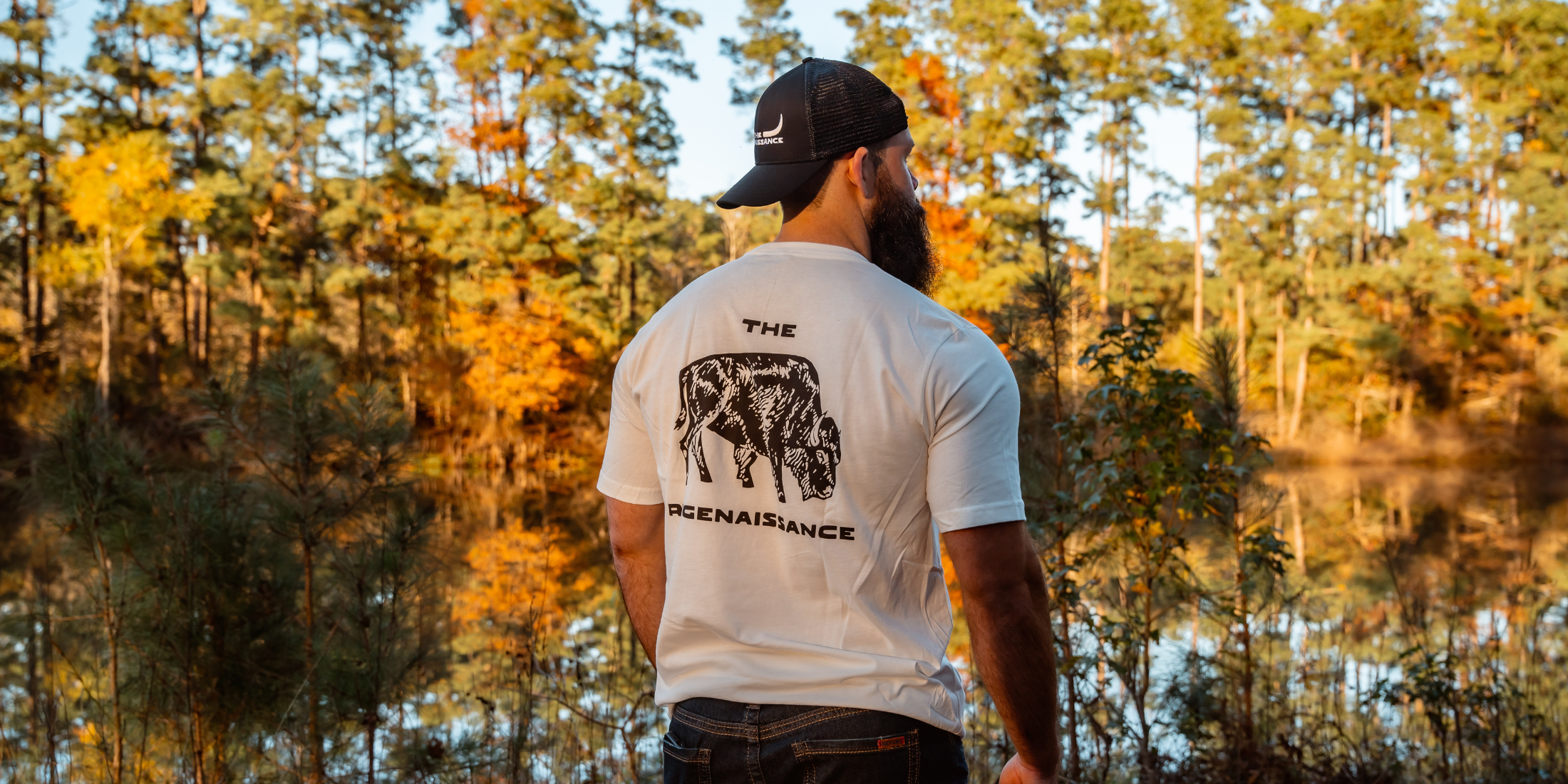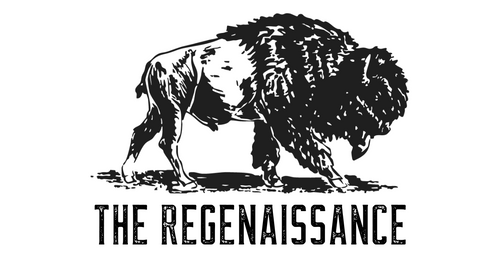Washington’s Fight Over Four Letters
Rebels, Congress is fighting a culture war over four letters: M-I-L-K. Senator Tammy Baldwin (D-WI) has reintroduced the DAIRY PRIDE Act and is pushing to attach it to the 2025 Farm Bill. If passed, almond, oat, and soy drinks would be barred from calling themselves “milk”.
To Baldwin, it’s about fairness: “Our hardworking dairy farmers produce the most nutritious drink known to man… not almonds,” she argued. To critics, it’s corporate protectionism dressed up as consumer clarity.
What the Bill Does
-
Defines milk strictly as the lacteal secretion of cows, goats, or sheep.
-
Forces plant-based producers to rebrand as “beverages” or “drinks.”
-
Would override FDA’s recent guidance allowing plant milks with disclosures.
“Consumers deserve clear, honest labels,” said Sen. Roger Marshall (R-KS). “Preventing the misuse of dairy product names protects confidence in real dairy”.
The FDA Already Weighed In
In 2023, FDA concluded:
-
Consumers understand almond milk isn’t cow milk.
-
Most confusion stems from nutrition differences (protein, calcium).
-
FDA recommended voluntary disclosures, not bans.
Yet Baldwin insists FDA is “not enforcing its own rules.” Her bill would require action within 90 days.
Why Plant-Based Producers Fear It
Plant-based milks are booming — 10% of the U.S. milk market, worth over $3B in 2022. Almond milk sales grew 250% from 2010–2015, even as dairy consumption fell.
“It’s really an anti-competitive bill that’s just meant to protect the traditional dairy industry,” argued Madeline Cohen, Good Food Institute.
Losing the word “milk” means costly rebrands, consumer confusion, and weakened credibility. Smaller startups — often regenerative-minded — would be hit hardest.
Regenerative Farmers: Split Reactions
Some organic dairy farmers cheer the bill. “Nobody has milked a cashew or an almond,” said Linda Ceylor, who runs a 50-cow dairy in Wisconsin. For her, “milk” should protect cultural legacy and local livelihoods.
Others bristle at the hypocrisy. The Wisconsin Farm Bureau backs DAIRY PRIDE — yet also recently reversed its stance to support legalizing on-farm raw milk sales at $7–$18/gallon.
Food sovereignty advocates ask: how can you champion freedom to sell raw cow’s milk but deny the freedom to call oat milk… oat milk?
The Legal Landscape
-
Standard of identity (1973): milk = lacteal secretion from cows/goats/sheep.
-
But FDA hasn’t enforced this for decades. “Soy milk” and “coconut milk” became common — just like “peanut butter.”
-
Courts have backed plant-based brands: in 2018, the Ninth Circuit ruled no reasonable consumer confuses almond milk for dairy.
If DAIRY PRIDE passes, lawsuits are inevitable. As one attorney put it, “Soy milk is truthful, not misleading” — and the First Amendment protects truthful commercial speech.
Why This Fight Is Cultural
Milk isn’t just a drink. It’s American identity — childhood cereal, “Got Milk?” ads, Wisconsin license plates. To many dairy farmers, plant brands are stealing heritage. The Minnesota Milk Producers Association even called FDA’s tolerance “theft”.
On the flip side, plant-based consumers see milk as cultural belonging. Oat milk in your latte doesn’t confuse — it normalizes plant foods. Stripping the word feels like marginalizing lifestyles.
Who’s Really Behind It
The push comes from dairy lobby giants: National Milk Producers Federation, American Farm Bureau, and big co-ops. Critics note they only raised alarms once alt-milk sales soared.
Meanwhile, contradictions abound:
-
Muscle Milk protein shakes? Allowed.
-
Fairlife ultra-filtered milk (processed milk)? Marketed freely.
-
Lab-grown whey proteins? Even marketed as “milk protein”.
Yet almond milk gets singled out.
Food Freedom Frame
If sovereignty means letting farmers sell raw milk at risk of FDA raids, shouldn’t it also mean letting hazelnut farmers sell “milk” under its common name?
“The DAIRY PRIDE Act is a solution in search of a problem,” said Nicole Negowetti, Plant Based Foods Association.
The real issue isn’t confusion — it’s market share. Americans drink 40% less dairy milk than in 1975. Plant-based sales are rising. Instead of adapting, Big Dairy is asking Congress to legislate language.
Final Word
Rebels, the milk fight is a proxy war over the future of food. Do words belong to corporations and lobbyists, or to farmers and eaters?
In a truly sovereign food system, farmers would be free to sell oat milk, raw milk, cashew cheese, or grass-fed cream — and consumers would be free to choose.
This isn’t just semantics. It’s food freedom. And no industry should own that.





